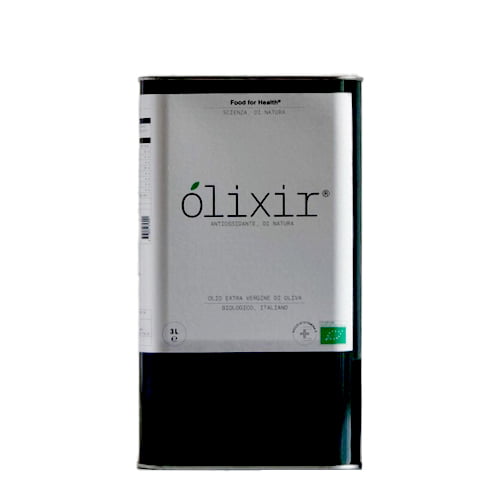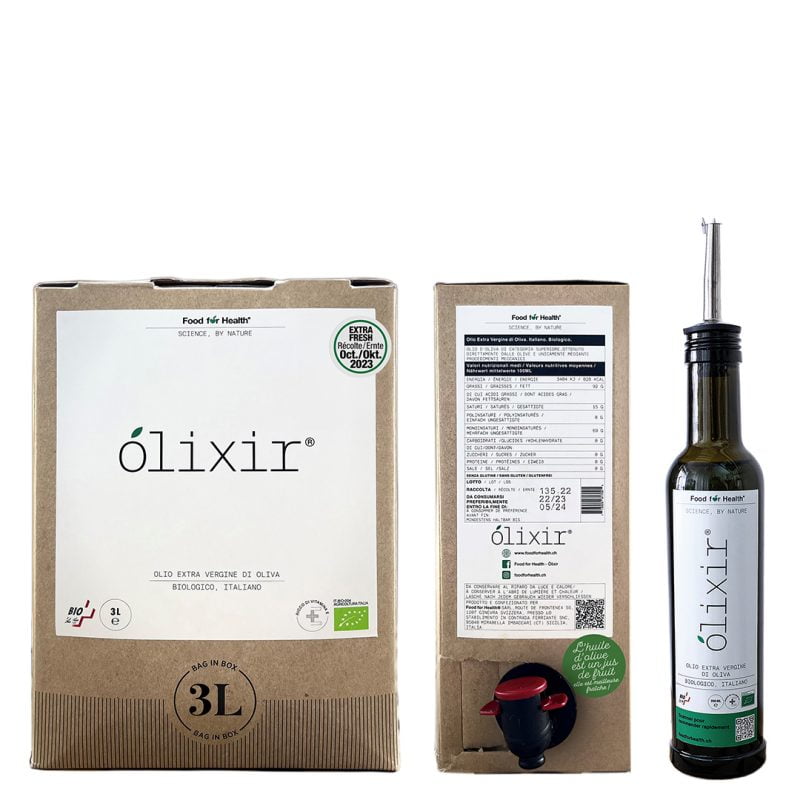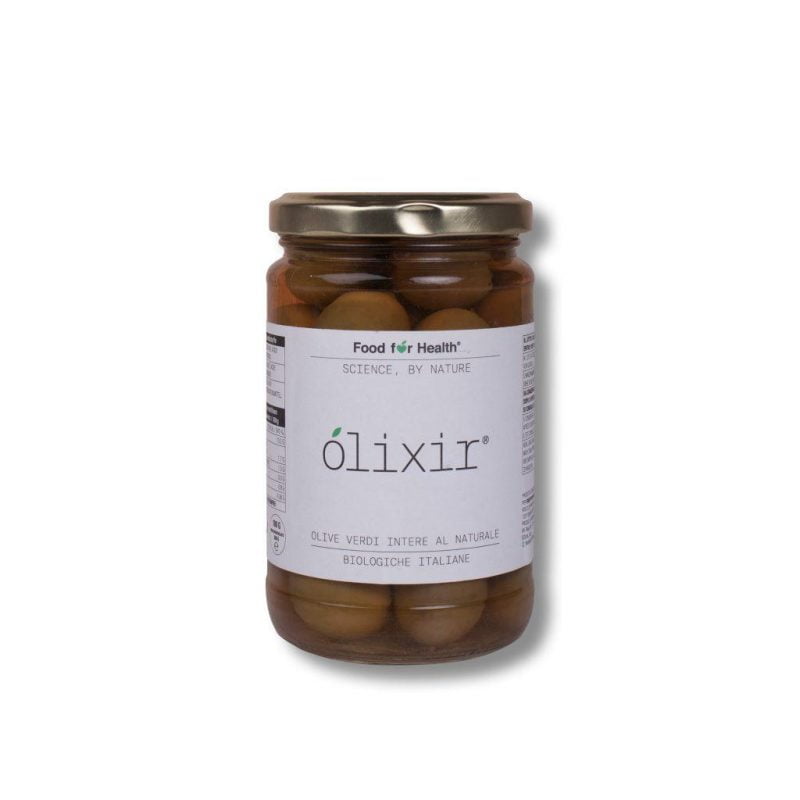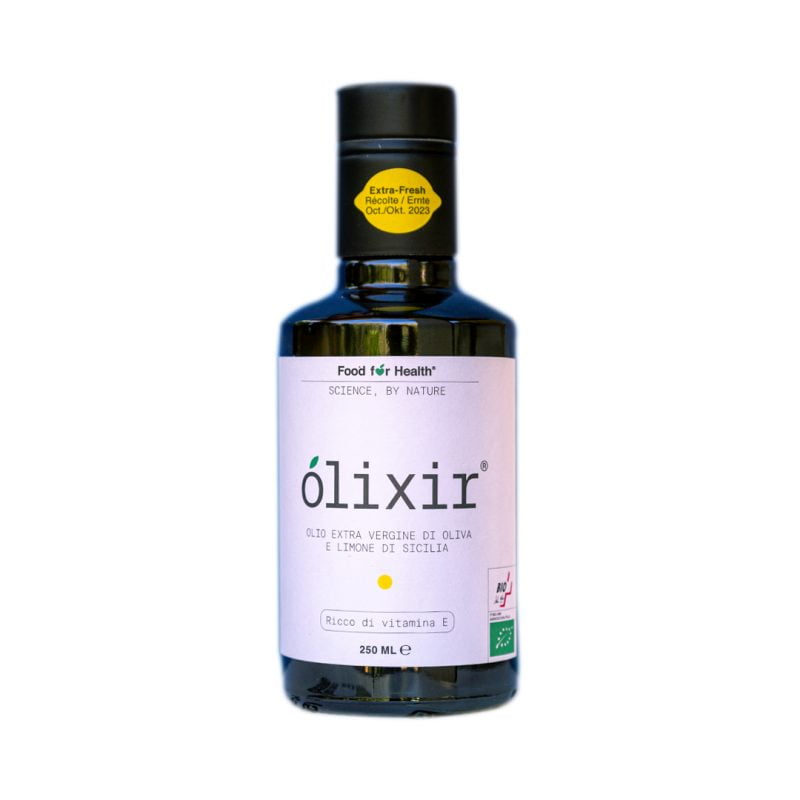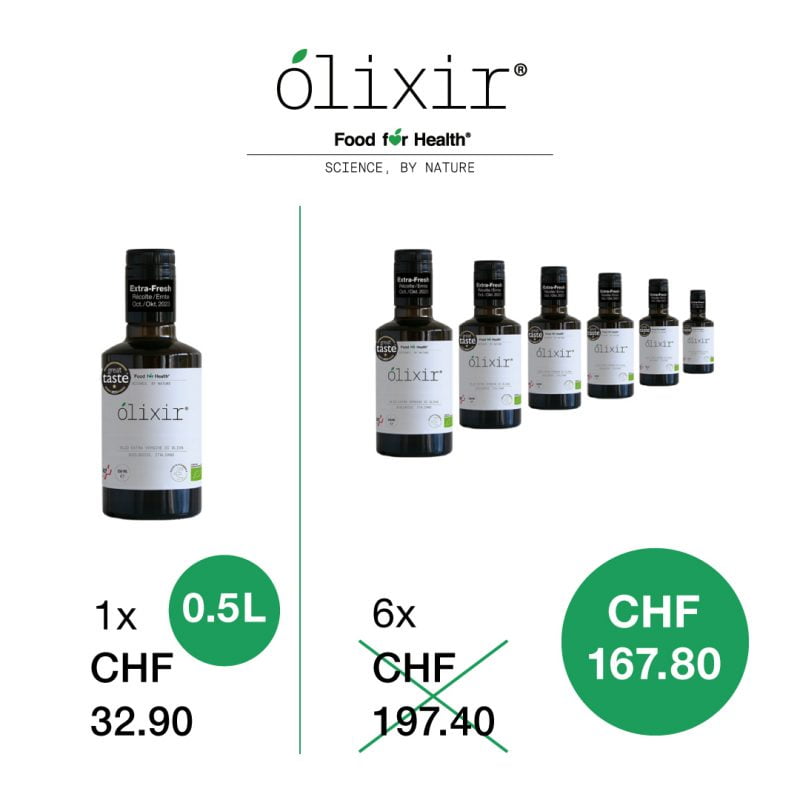6 essential micronutrients for your immune system
Par Claire-Lise Haldemann.
Nutritionniste et nutrithérapeute – Cabinet Vitanutri (https://www.vitanutri.ch)

Spring is an excellent period to take care of ourselves. One small but important habit with food we can adapt is to take the time to reconnect with the contents of our plate. Eating good quality food protects maintains and nourishes our immune system

These micronutrients are indispensable tools for our cells. A deficiency of one of them weakens our immunity. Our immune system is our bulwark against infections! It keeps our immunity high by strengthening our “ground”, in part. So, what are these essential micronutrients that act on our immunity?
1. Antioxidants help cells to function in a concerted way.
2.Vitamin B has a fantastic effect on the immunity cells but has a far stronger effect when combined with Vitamins D, C, A and E.
3. Trace elements play an important role in cell mechanics. Zinc, selenium and copper are amongst the most important. Magnesium is also an indispensable mineral salt.
4. Plant fibers nourishe our good intestinal flora. There is an intrinsic link between the proper functioning of our intestinal microbiota and the immune system. This allows the good bacteria to develop so that they can continue to defend us from external aggressions.
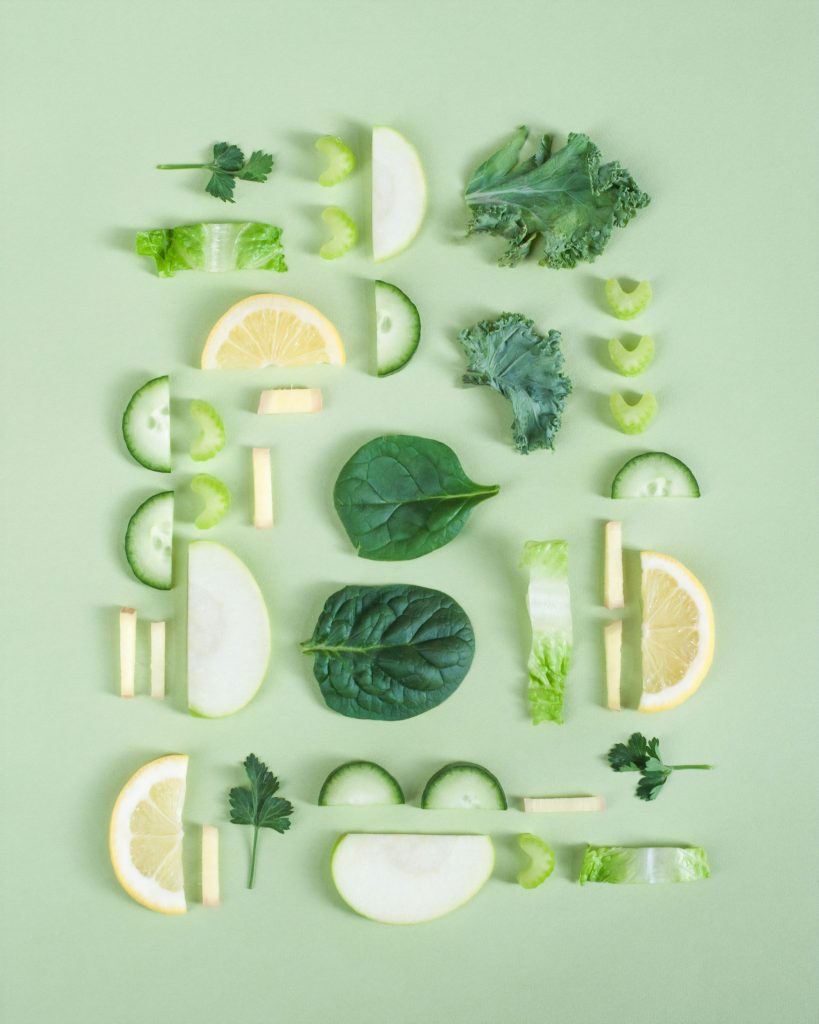
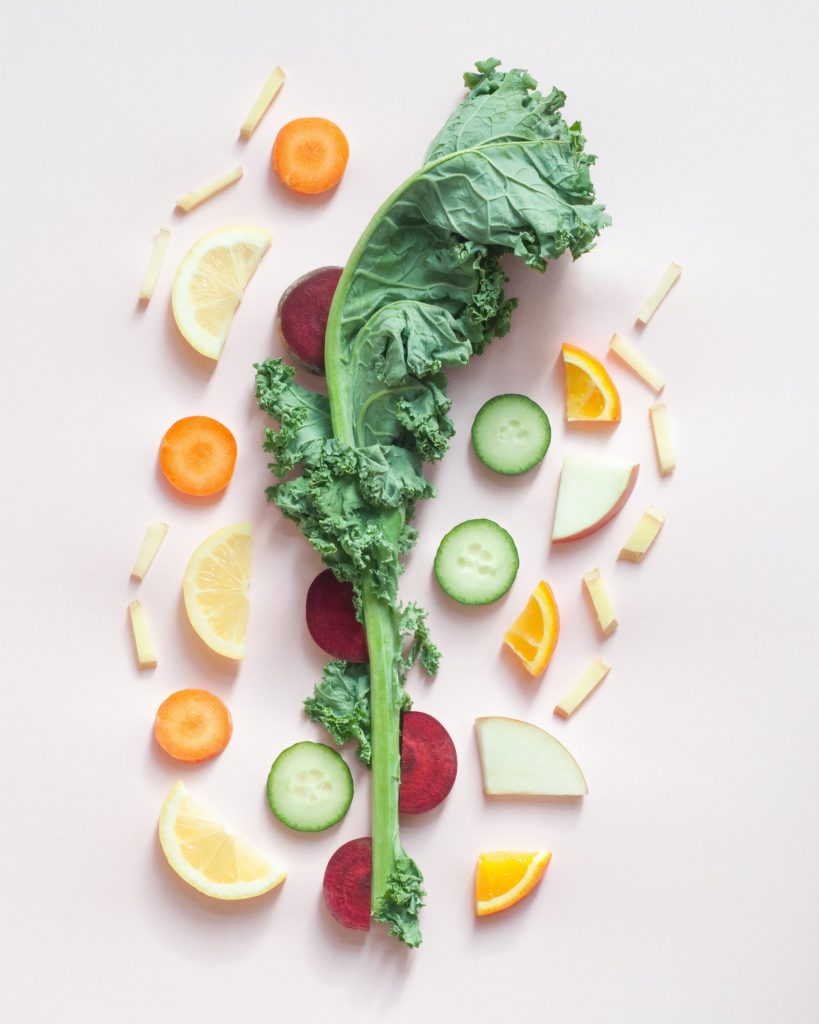
5. Omega 3 fatty acids are the firefighters of inflammation. They allow us to take care of the intestinal microbiota, unlike omega 6. The right fatty acid status is a question of balance, in particular the right omega 3/omega 6 ratio, the intensity of the inflammatory response depends on it.
6. L-glutamine is another crucial multifunctional amino acid which is essential for protein synthesis in the brain, intestines and your overall immunity. It is the core modulator of the immune cell function.
Making sure that you consume enough high-quality animal and/or vegetable protein. This will also benefit your immune system. If the intake is not enough, the production of white blood cells is lower. An intake of 1 to 1.2g of protein per kilogram of body weight per day is an essential factor for good immunity.
Easy recipes to boost your immune system? Download our e-book here
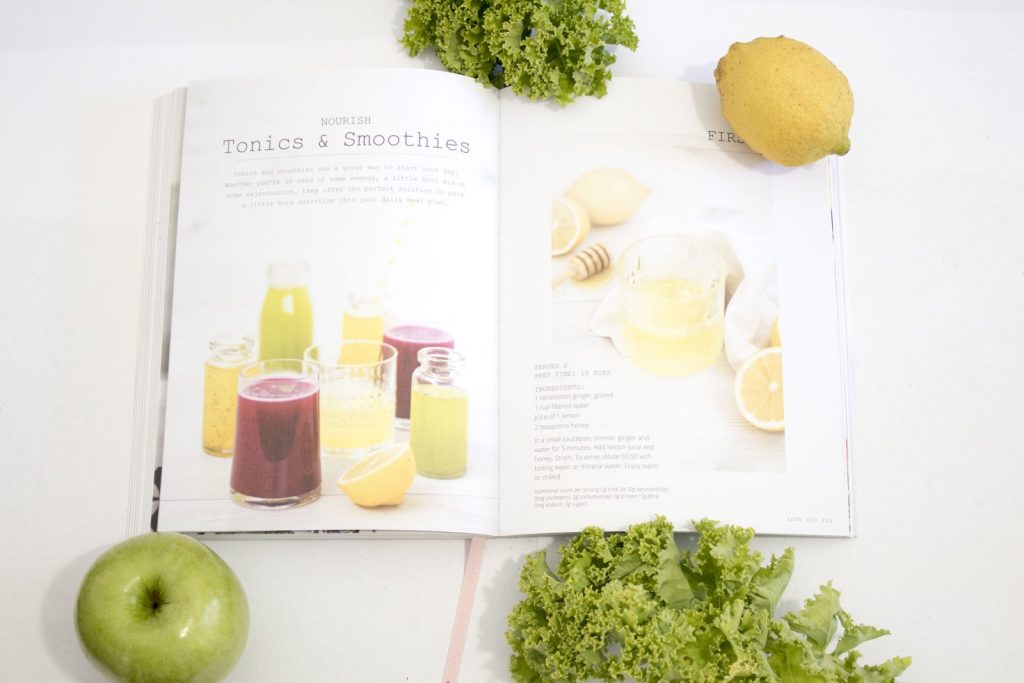
Antioxidants: eating lots of fresh, seasonal fruits and vegetables. If they’re organic, even better. They should make up 50% of our diet. Antioxidants are essential in taking care of the intestinal microbiota. They’re one of the cornerstones of immune regulation. The Mediterranean or Cretan diet model (without frying) is particularly effective in strengthening your body’s natural defense against diseases.
Tip: consume two tablespoons of a high-antioxidant extra virgin olive oil per day to benefit from polyphenols’ health boosting properties.
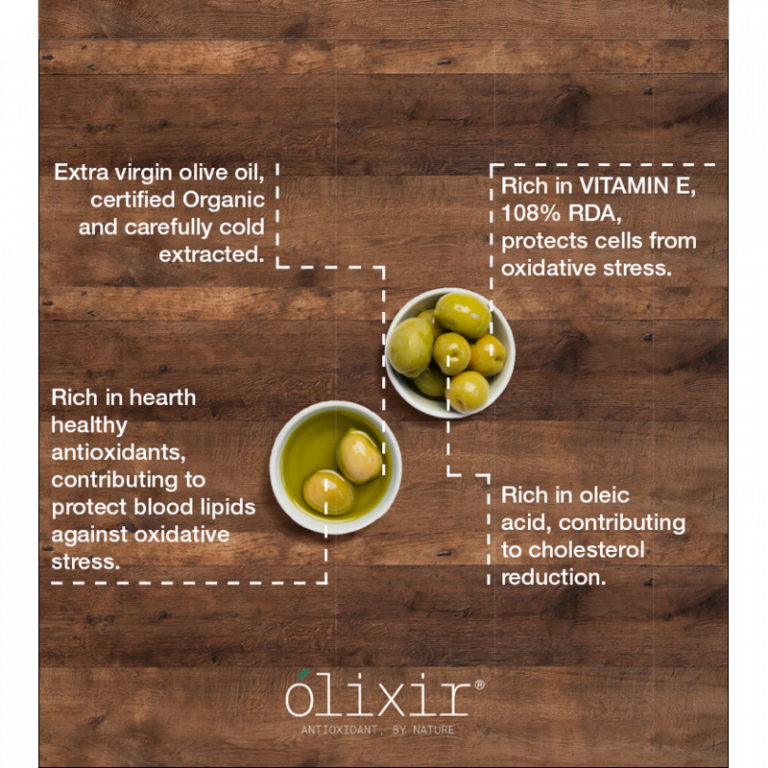
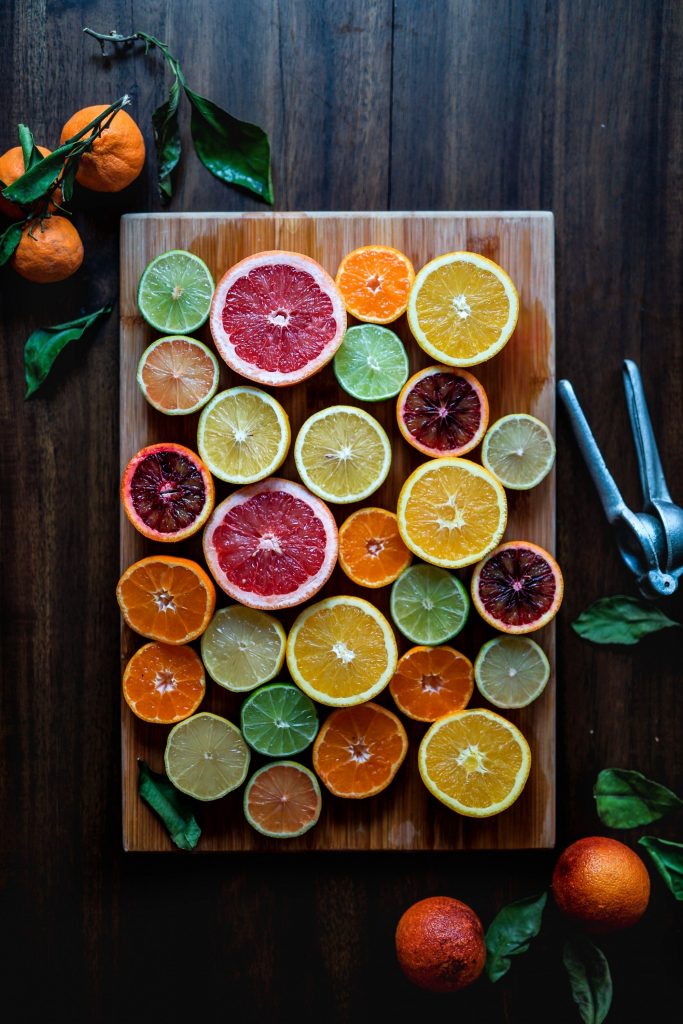
Vitamin D: as mentioned before is also essential! Although this hormone does not seem to have a direct effect on the virus itself, it plays a role in the strength of the immune system. It allows the host body to fight illnesses in a far more effective manner. Vitamin D is considered a powerful immuno-modulator and inflammation regulator. Foods rich in vitamin D include butter, egg yolk, seafood, cod liver oil, offal, shiitake, fatty fish (herring, salmon, mackerel). However, since we synthesise this vitamin, exposure to sunlight is the most effective way to maintain high vitamin D levels. In case of deficiency, a little bit of sunshine goes a long way.
Tip: for example, a box of mackerel covers the daily vitamin D need.

-

Ólixir® Harvest 2023-24 | Organic EVO | 3L Can
CHF94.00 Add to cart -

Ólixir® Harvest 2023-24 | Organic EVO 0.25L Glass Bottle
CHF19.90 Add to cart -

Ólixir® Harvest 2023-24 | Organic EVO 0.5L Glass Bottle
CHF32.90 Select options -

Ólixir® Harvest 2023-24 | Organic EVO 3L | Home System
CHF99.00 Select options This product has multiple variants. The options may be chosen on the product page -

Ólixir® Harvest 2023-24 | Organic EVO 5L | Home System
CHF145.00 Select options This product has multiple variants. The options may be chosen on the product page
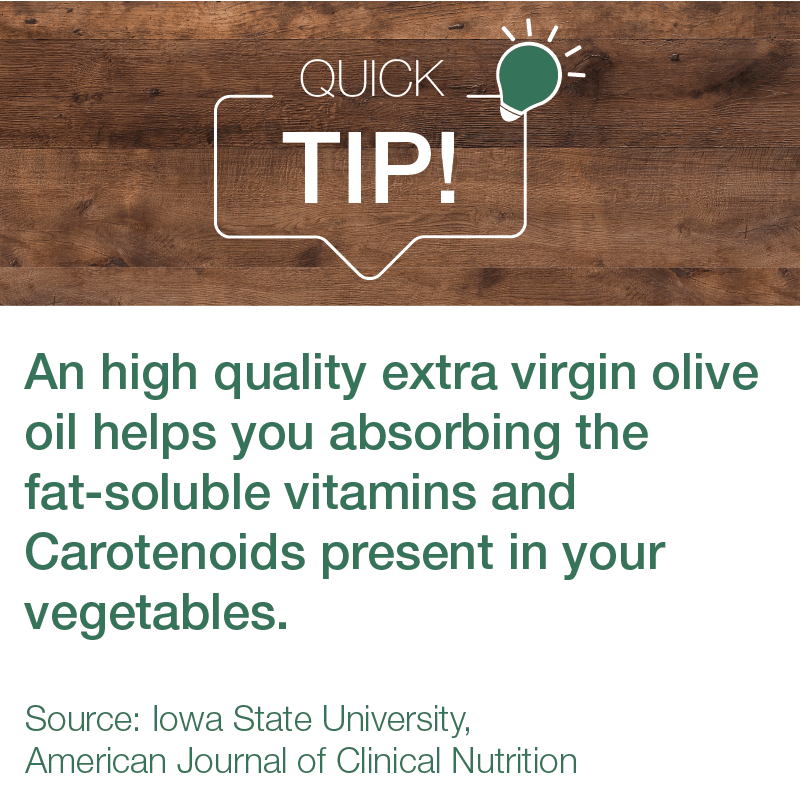
Vitamin A: acts as an antioxidant. It is present in offal, raw butter and, to a lesser extent, eggs. It’s produced from beta-carotene which can be found in (carrot, sweet potato, pumpkin, apricot). It’s a must for the synthesis of vitamin D. Before any supplementation, it is best to carry out a plasma dosage.
Tip: a superior quality extra virgin olive oil helps you absorbing liposoluble vitamins and b-carotene present in vegetables.
Source : Iowa State University, American Journal of Clinical Nutrition.
Vitamin B6: the most important vitamin for making antibodies. The density of this micronutrient is not as high in produce and is also overused in women. Some foods rich in vitamin B6 are brewer’s yeast flakes, dried banana, buckwheat, chickpeas, salmon, cod, poultry, unsalted pistachios.
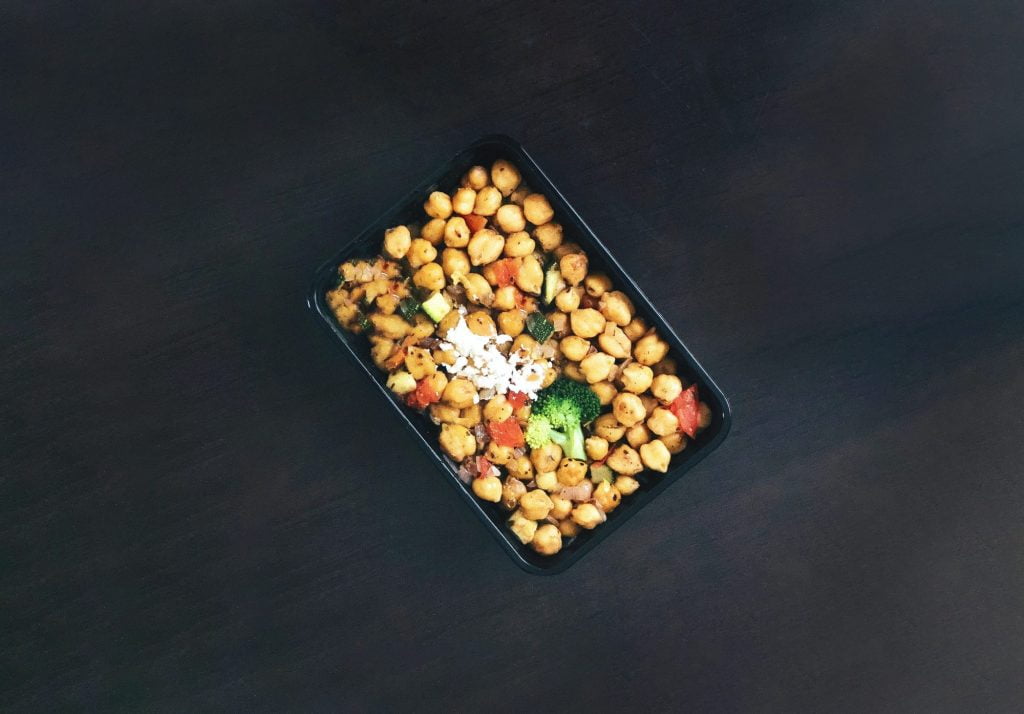

Zinc directly interacts with the immune system. Without zinc you can’t make antibodies and you can’t multiply white blood cells. It tends to decrease over the years, hence the importance of bringing in the right sources. Mainly found in seafood, egg yolk, oysters, and to a lesser extent in roasted squash seeds, cashews, lentils, pure cocoa, shiitake, poultry or quality red meat. It is advisable to take a blood test to check your level before supplementation.
Selenium is also an essential micronutrient, it acts in harmony with vitamin C for the regeneration of immune cells. Fish, eggs and Brazil nuts are rich in it.
Tip: Chew 2 to 3 Brazil nuts per day
The Link between intestinal flora and immune system: increase and diversify the consumption of prebiotic foods. They fight against oxidation and inflammation. This aids with the consumption of probiotics which increase our good bacteria.
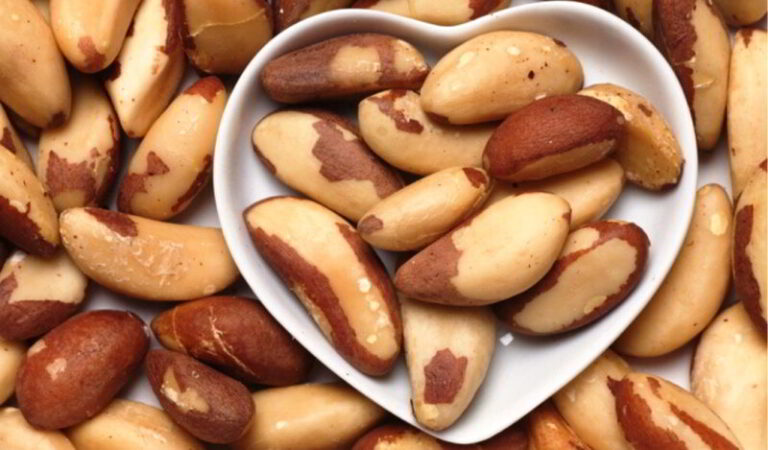
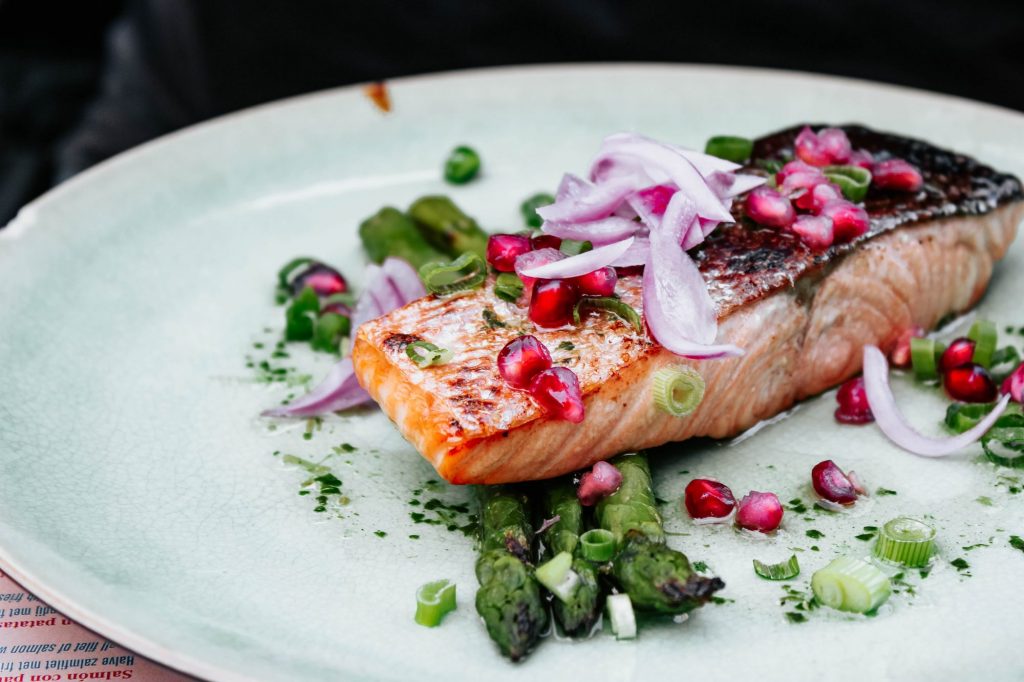
Omega 3 fatty acids: a true anti-inflammatory nutrient. As modern livestock feeding has transformed the omega 3/omega 6 ratio in humans, it becomes important to provide omega 3 fatty acids in the diet. Notably the long-chain fatty acids (DHA) found in fatty fish and fish oil.
Tip: consume 3x per week at least 100g to 150g of oily fish.
Tip: to meet our needs in essential fatty acids, (especially omega 3) mix high quality extra virgin olive oil with cold-pressed rapeseed oil in equal parts. You will thus obtain an ideal proportion between monounsaturated fatty acids (omega 9) in olive oil and polyunsaturated fatty acids (omega 3, omega 6). Two to three tablespoons of this mixture per day will provide the necessary doses of quality fatty acids.
Certain aromatic substances can modulate the activity of the immune system, such as garlic, onion, shallot, parsley, thyme, oregano, rosemary, cabbage, spices, cinnamon, turmeric, citrus fruits… Make sure you use these ingredients consistently!
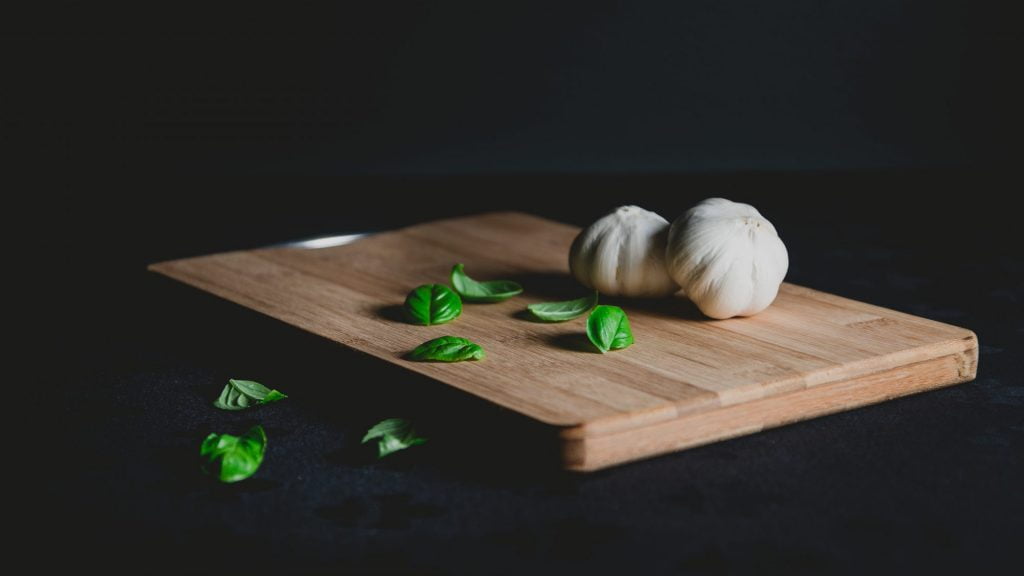

A balanced diet in its entirety and a healthy lifestyle will make the difference and make us more resistant to infectious phenomena.
Good sleep is also critical. It is at night that we multiply the white blood cells, that we repair the DNA and that we repair the inflammation.
Breathing well is simple, cheap and essential for energy and anti-infectious defences.
Regular physical activity to increase energy and muscle mass which will consequently increase our own defences.
Stay centered, have fun, fight psychological stress all have a positive effect on our immunity.
Some dietary strategies to adopt
Eat slowly and chew well to avoid feeding bad bacteria.
Pamper your intestinal microbiota! It plays an essential role in the maturity of the immune system and inflammation modulation. How? Eating lacto-fermented foods. These natural probiotics contribute to maintain optimal microbiota health, contributing to good immunity: raw sauerkraut, kimchi, kefir, homemade yoghurts fermented for 24 hours, sourdough bread (organic and long fermentation sourdough), fermented soya: such as tamari, miso, black garlic…
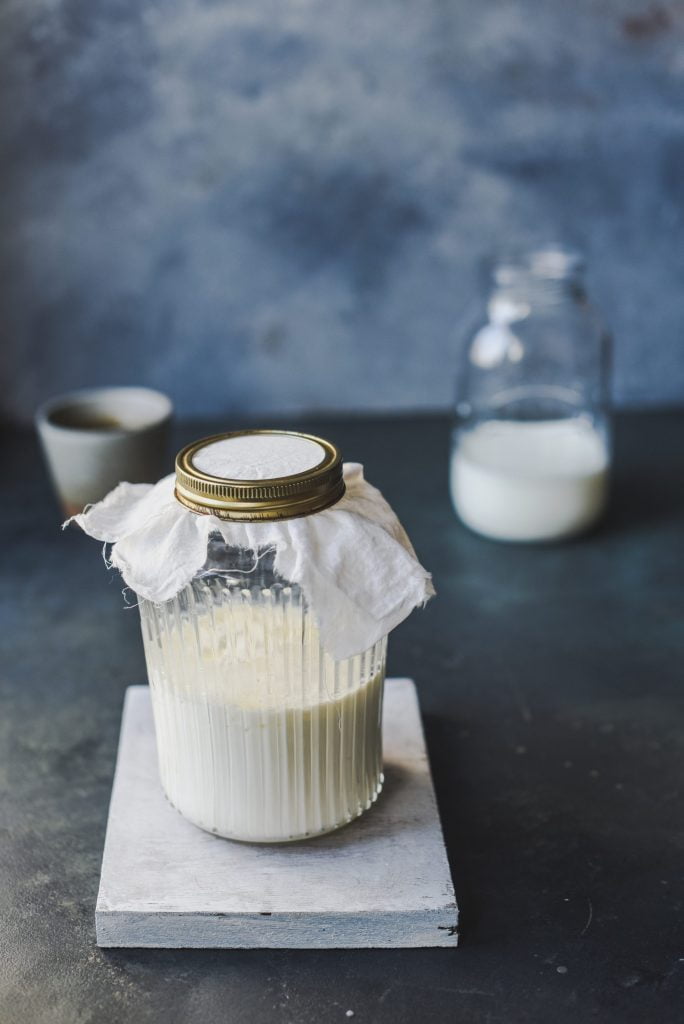
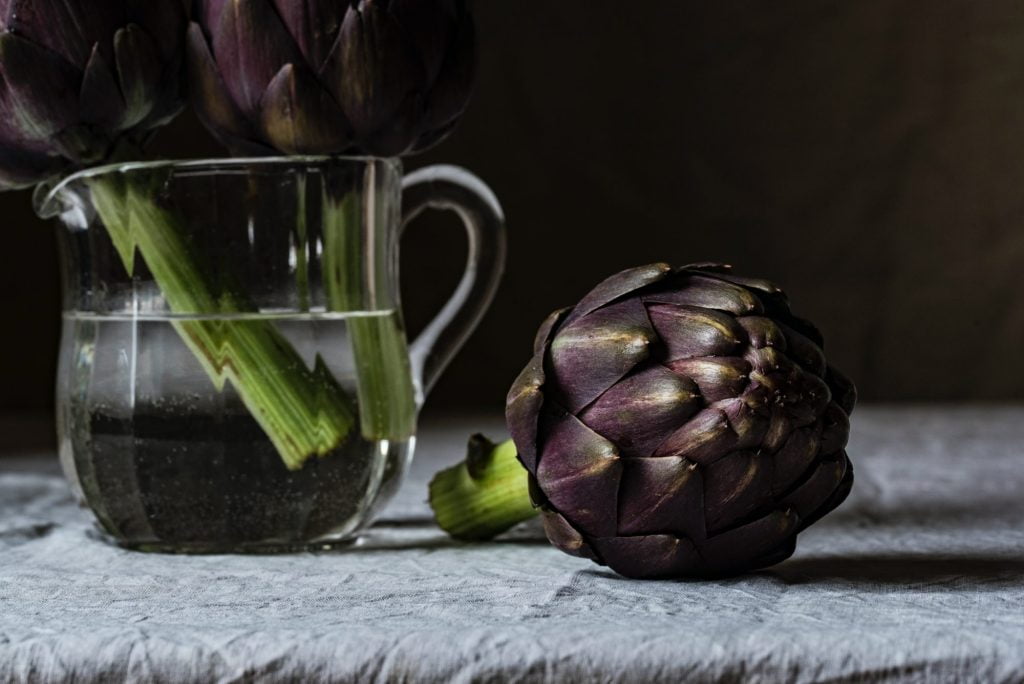
Add berries to your meals, they have innumerable virtues.
Tip: think about adding frozen or unfrozen berries to breakfast at any time of the year: wild blueberries, raspberries, aronia, strawberries, blackcurrants, pomegranates …
Raw sauerkraut is an excellent nutrient to improve intestinal flora. Cabbage is above all a very good source of vitamin C and calcium. It also contains vitamins of the B group (mainly B9), potassium, iron and magnesium. In its lacto-fermented form, it is a real probiotic bomb.
Tip:1 good tablespoon before the meal twice a day
Favour: green tea, ginger tea.
Finally, choose “gentle steaming” for your food, it’s the best way to preserve the vitamins and antioxidants.
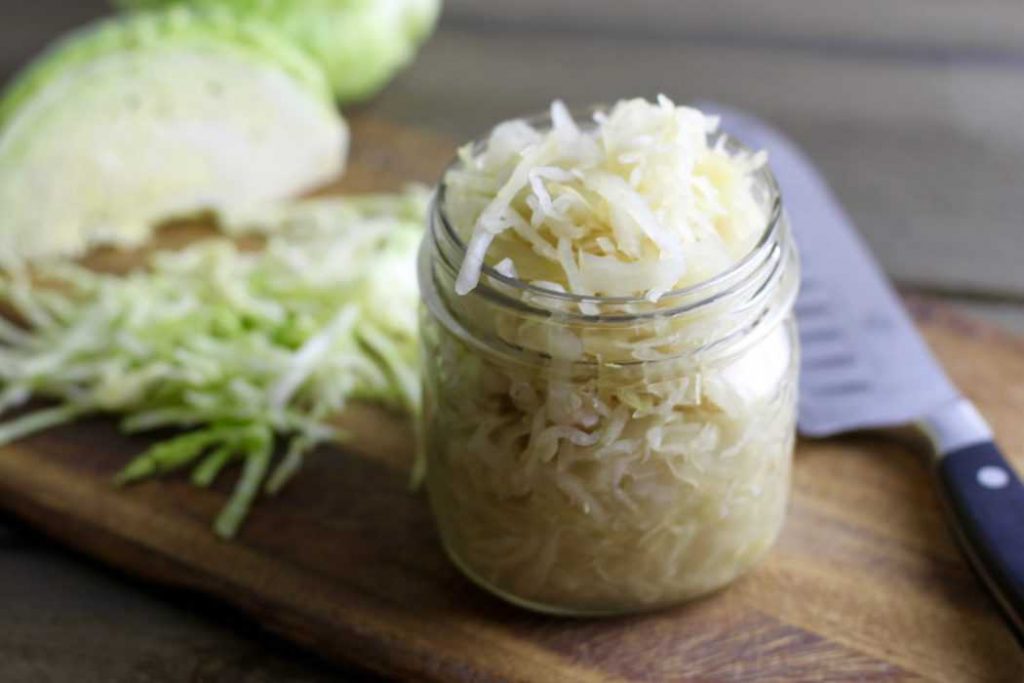

I hope these tips will help you build good immune barriers for the weeks and months to come.
« Le microbe n’est rien. Le terrain est tout. » – Béchamp
Easy recipes to boost your immune system? Download our e-book here

-

Ólixir® Harvest 2023-24 | Organic EVO | 3L Can
CHF94.00 Add to cart -

Ólixir® Harvest 2023-24 | Organic EVO 0.25L Glass Bottle
CHF19.90 Add to cart -

Ólixir® Harvest 2023-24 | Organic EVO 0.5L Glass Bottle
CHF32.90 Select options -

Ólixir® Harvest 2023-24 | Organic EVO 3L | Home System
CHF99.00 Select options This product has multiple variants. The options may be chosen on the product page -

Ólixir® Harvest 2023-24 | Organic EVO 5L | Home System
CHF145.00 Select options This product has multiple variants. The options may be chosen on the product page
Delights
Promo Packs
-
Sale!

*CASE* of 6x Ólixir® Harvest 2023 | Organic EVO 0.5L | Glass Bottle
CHF197.40Original price was: CHF197.40.CHF167.80Current price is: CHF167.80. Add to cart -
Sale!

*CASE* of 4x Ólixir® Harvest 2023 | Organic EVO 5L | Home System
CHF580.00Original price was: CHF580.00.CHF522.00Current price is: CHF522.00. Add to cart
